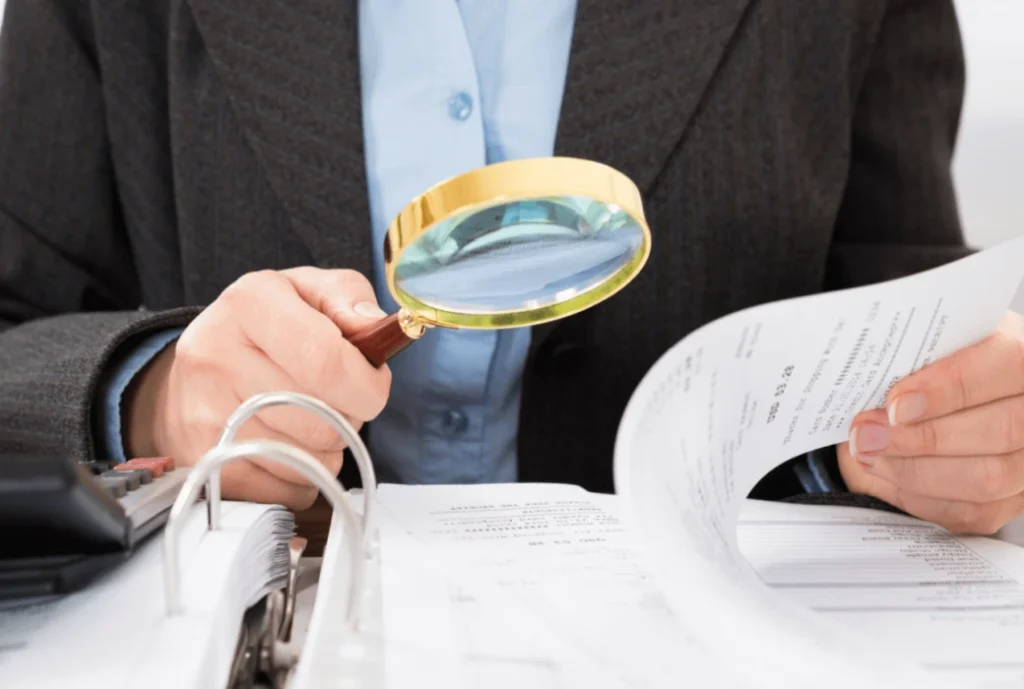
In times of financial distress, individuals and businesses may find themselves facing insolvency. This is a situation that involves the intervention of an official receiver. But who exactly is the official receiver, and what role do they play in the insolvency process? In this blog, we’ll delve into the responsibilities of the official receiver, the steps you need to take when dealing with them, and what to expect during interviews.
Official receivers are public servants employed by The Insolvency Service, acting as officers of the court. Their role is triggered when the court issues a bankruptcy or winding-up order, prompting them to take charge of the initial phase of the insolvency case. This includes the collection and safeguarding of assets and an investigation into the causes behind the insolvency.
Moreover, if you find yourself bankrupt or a director in a company undergoing compulsory liquidation, it becomes your obligation to comply with the official receiver’s requests for information. This includes attending interviews upon request and fulfilling other duties outlined in the insolvency process. Non-compliance can lead to severe consequences, including court attendance and potential arrest.
Gathering Information for the Official Receiver
The official receiver’s team will contact you promptly after receiving the insolvency order, scheduling an interview either in person or via telephone. To prepare for this, ensure you complete the required steps:
- Confirm or reschedule the appointment promptly.
- Complete the questionnaire, noting any unclear points.
- Gather all necessary financial records, paperwork, and relevant information.
The First In-person Interview: What to Expect
Arriving on time for your appointment, you’ll go through a comprehensive interview at the official receiver’s office. Then, a staff member will check your questionnaire, an examiner will discuss your assets and debts, and you’ll provide all financial records. The interview, which may take 2-3 hours, is an opportunity to ask questions about the process or your case.
Additionally, if a telephone interview is suggested, an examiner will call you at the agreed time. This interview covers the information in the questionnaire and additional details about your assets, debts, and the circumstances surrounding the insolvency.
Potential Additional Interviews and What Happens Next
Depending on the complexity of your case, you may be asked to attend additional interviews. Following the interviews, the official receiver will review the provided information and issue a report to creditors. If substantial assets are identified, a private sector insolvency practitioner may be appointed to handle asset realisation and distribution.
The length of the process depends on the case’s complexity. Co-operation is key, as failure to provide necessary information or non-compliance can lead to extended periods and additional restrictions. Furthermore, in bankruptcy, the standard duration is up to 12 months, with automatic discharge occurring after this period.
Understanding the role of the official receiver and actively participating in the process is crucial for a smoother and more efficient resolution of your insolvency case. Moreover, by co-operating fully and adhering to the official receiver’s requests, you can contribute to a timely resolution.
